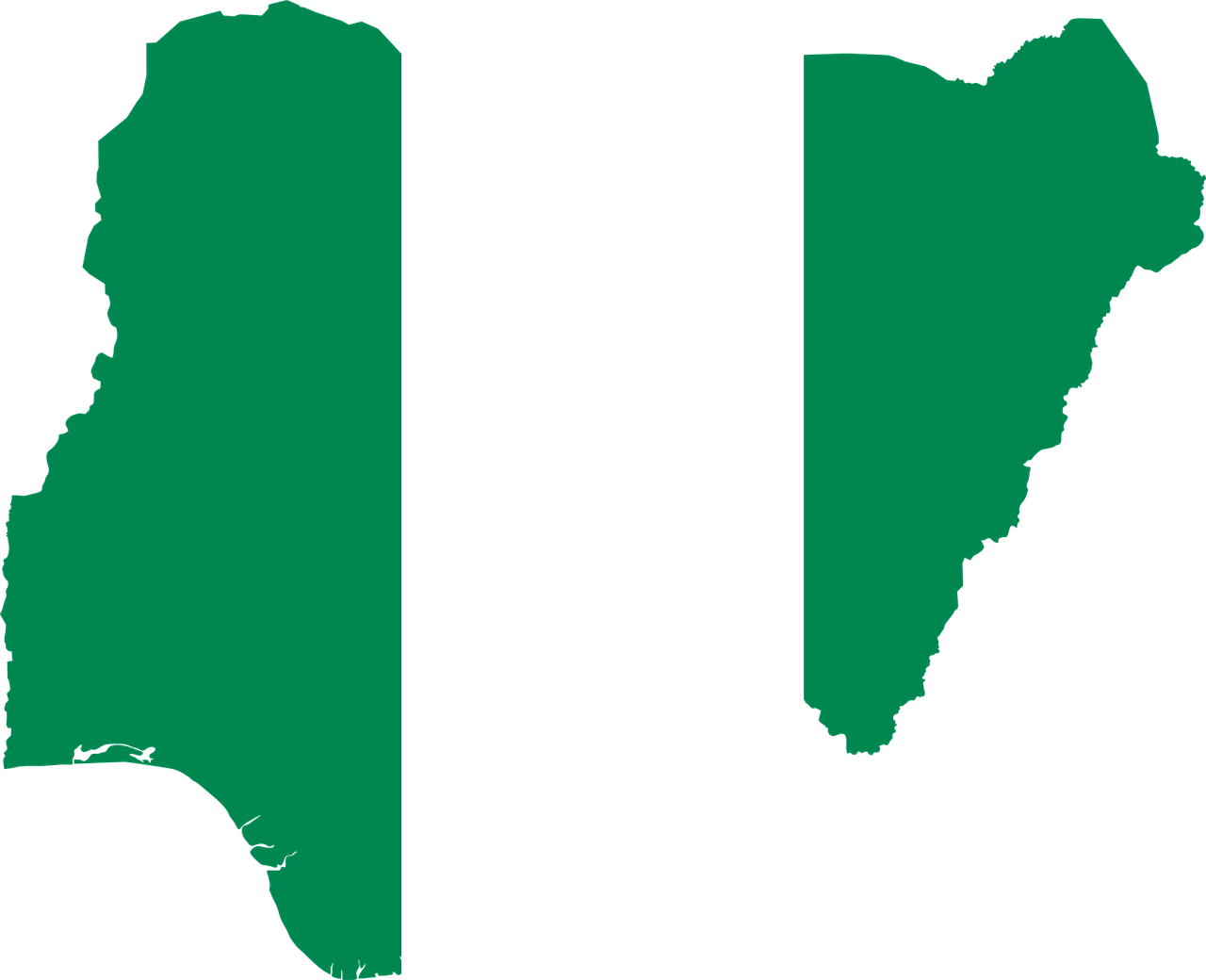
Leasing is a creative financing alternative that has grown and established globally which facilitates easy access to capital equipment. It is an imposing industry in terms of scope and size as leasing tends to meet the diverse equipment needs of the users. The unique attributes of leasing continue to endear it to the market.The whole essence of leasing is to enhance the planning, improvement and development of any economy by building and supporting productive ventures.
Since its inception in Nigeria, leasing has been supporting economic development. Today, the impact of leasing is pronounced in all sectors of the economy, enhancing capital formation, generating employment and creating wealth. The contribution of leasing in the past 10 years is over N4.83trillion and is becoming more relevant in our prevailing situation where access to finance is difficult, especially to Small and Medium Scale Enterprises (SMEs).
The Nigerian Leasing industry continued to witness growth despite the challenging environment. The volume of leases transactions grew from the N1.1trillion recorded in 2015, to N1.26 trillion in 2016, representing a 14% growth. This perhaps can be explained based on the developmental attributes of leasing which makes it attractive whether the economy is witnessing a boom or recession, as is currently the case. Many industries are relying on leasing as a creative financing alternative for capital assets and this has created increased investments from existing lessors and endeared new entrants into the leasing industry to tap into the opportunities in the market.
As the Government and business continue to feel the crunch of limited funds, it becomes imperative to seek innovative ways to meet the capital equipment need to stimulate production and achieve the desired growth. One of such ways is leasing, which can facilitate easy and convenient access to the much needed capital equipment at these challenging times.
Essentially, leasing is expected to play a major role in the diversification and other developmental agenda of Government. The planned huge investment in infrastructure, agriculture, mining and job creation, creates a wider scope for leasing participation in meeting the expected demand for capital equipment.
Indeed, the impactful visibility of leasing in the Nigerian economy and its growth potential are glaring. The point to emphasise is the preparedness of the industry to play its role more effectively and exploit opportunities that abound in the economy.
Government in recognition of the developmental role of leasing, provided a specific law on leasing “The Equipment Leasing Act 2015”, as part of the support framework that will stimulate development in the industry to enable it contribute more effectively to the national economic development.

